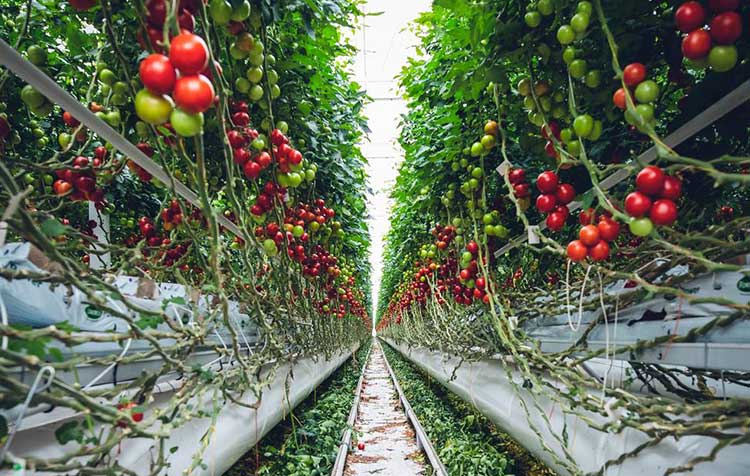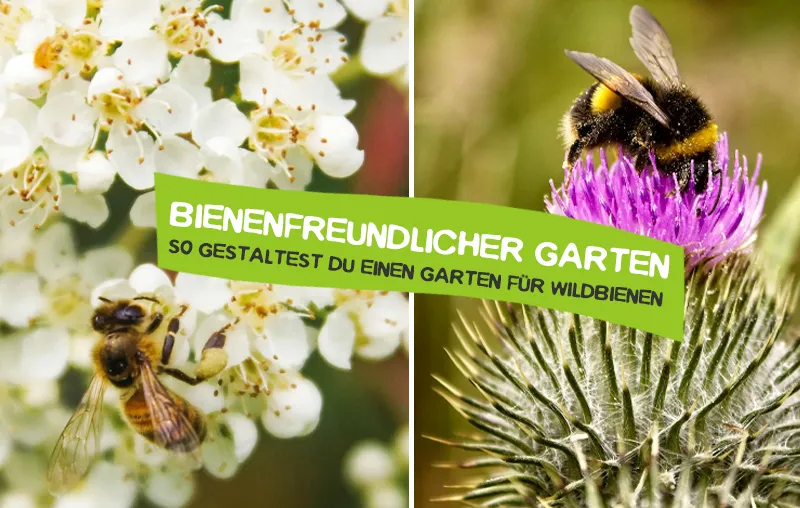As a vegan, you more often hear the argument "plants have feelings too" as a justification of a meat eater. But is that true at all? Do plants really have feelings, such as fears or pain? After all, they are living beings, just like animals and us humans.
In this article I would like to question whether this is a logical argument or just a cheap excuse.
Do plants have feelings?
There is no scientist who has been able to prove that plants have a central nervous system that could indicate a sense of pain. They do show biochemical reactions when they turn to the sun, for example. But they do not have a brain that could enable an emotional world as we and also the animals know it.
Animals have feelings - this is scientifically proven. We can also observe it with our own eyes. Wildebeests try to flee when chased by a lion, dogs wag their tails or throw themselves on their backs when they feel joy, and chickens start pecking at each other when they are in the dark, cramped enclosures of the Factory Farming are under stress. So animals definitely have feelings - plants probably don't. The argument is therefore, according to the current state of science, unsuitable as a justification for one's own meat consumption.
And even if plants had feelings, billions of plants would have to suffer and die for the production of meat. For example, to produce one kilogram of beef, about 25 kilograms of grain are needed.₁ So we cause significantly less harm to living creatures if we were to eat the plants directly instead of feeding them to animals to then eat their meat. Added to this is the Deforestation of the rainforests for further cultivation areas for the soy used as animal feed, as well as for new grazing areas. In this way, land-intensive livestock farming is responsible for about 88 percent of the deforestation of the Amazon rainforest, for example.₃
So if plants really had feelings, then that would be even more of an argument for going vegan.
Notice: Since about seven plant calories are needed to produce one animal calorie₂, not even a single person on this planet would have to go hungry if everyone ate a plant-based diet.₄ You can learn more about this at World Hunger and stop global famine.
Plants probably do not have feelings - animals do!

Now, one could argue that we used to deny animals a world of feelings as well. Even now, we do not know 100 percent that plants definitely do not have feelings. But it is reasonable to change one's behavior when one knows something for sure. Before that, we don't have to become plant activists and go out into the streets to demonstrate. With animals, on the other hand, we are sure of our feelings. Everyone has seen an animal that has shown emotions. Yet we kill 74 billion of them worldwide every year.₅ For immoral reasons - and without them having done anything wrong. That's why it's time to adjust our eating habits - and not go to the "trusted butcher" again.
You are not convinced yet? Then check out all the main reasons for veganism on. And finally, answer the question of where you would rather work: in a slaughterhouse or in a nursery?
Do you also have a question? Then just write me a comment! I hope that I could answer your question about the feelings of plants with this short post.
Stay sustainable,

PS.: You also want to inspire others that the decision for the plant-based diet is the right step? Then check out the post Convince meat eaters into it, which I wrote precisely for this purpose.
References:
₁,₅ Things Explained - Kurzgesagt: Fleisch - Das leckerste Übel der Welt, YouTube, Jan. 24, 2019, web, May 07, 2020 at 10:50 a.m., in: http://y2u.be/y6f3dwxexZM.
₂ S. Weick; Brot für die Welt; Evangelisches Werk für Diakonie und Entwicklung e.V.. (2010): Meat consumption (as of March 2010). https://t1p.de/mav0. [07.05.2020]
₃ DEUTSCHER TIERSCHUTZBUND e.V.: du und das tier, Rinter als Klimasünder (offprint), available at https://t1p.de/zpkd. [07.05.2020].
₄ M. Berners-Lee, C. Kennelly, R. Watson; et al. (2018) Current global food production is sufficient to meet human nutritional needs in 2050 provided there is radical societal adaptation, available at https://t1p.de/3phy. [07.05.2020].





